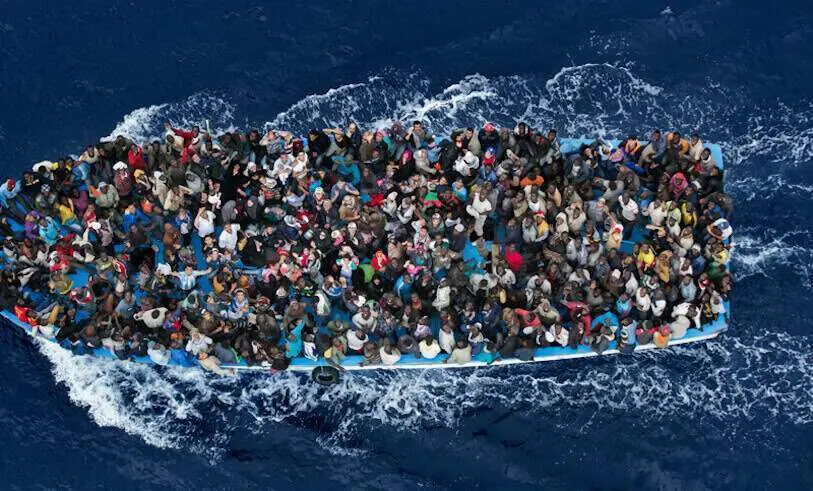The EU's crises

The process of building the European Union has always had borderline situations that have forced all its members to give up enough to be able to maintain one of the best realities in the world. There is no doubt that the economic, commercial, social and even political area, with its great shortcomings such as the common foreign policy which does not exist despite the efforts of high representatives such as Federica Mogherini and Josep Borrell, is one of the great achievements at world level of the last 50 years. There is a fundamental reason for this: it is one of the key elements that has prevented a third world war originating on European soil. The crisis in the Balkans in the 1990s almost caused it, but the links and interests created with the European Union and, let us not forget, with NATO, prevented a new outbreak of war at international level with unforeseeable consequences.
Nevertheless, there are still permanent divisions due to the collision of ambitions and interests between countries and various leaders with little sense of the real scope of the united Europe and more concerned about their national re-election than about other much more important issues. Despite many regrets, such as the lack of a common foreign policy, clear and consistent lines on refugees and immigrants, a sad weakness in the face of populism and nationalism with Brexit as an absurd example and a lack of response due to selfishness and mediocrity in the economic and social crisis of 2007 to 2015, among many others, the structures of European construction are maintained thanks to the interests among its members, its principles and values and the great cost to all of its disappearance.
Another clear example would be the euro. In order to be able to consider the European Union at its true value, we have two current crises that require an appropriate response. On the one hand, the most important crisis is that created by the coronavirus pandemic, which requires the mobilisation of large aid budgets by the institutions, both by the European Council, which will decide in July, which is already taking its time, and by the European Central Bank, which is already taking action. The future of the EU is at stake because the citizens would neither understand nor accept a miserly organisation that did not help them in times as sensitive as those we are all suffering from. Of course, aid requires concrete plans and supervision to avoid bad temptations.
And there is another crisis that does not appear so much in the media. The one created by the conflicting interests of countries like France, Italy or Germany, among others, in the Libyan chaos. The interference of Turkish troops and mercenaries has further complicated the situation of a Mediterranean country whose stability is key to the entire region and whose energy wealth has been in dispute for many years. The problem is that it also serves as a base for action by Islamist and terrorist militias and the mafias trafficking in human beings, arms and drugs. Europe must overcome internal divisions and play a key role in achieving a good solution in Libya.

